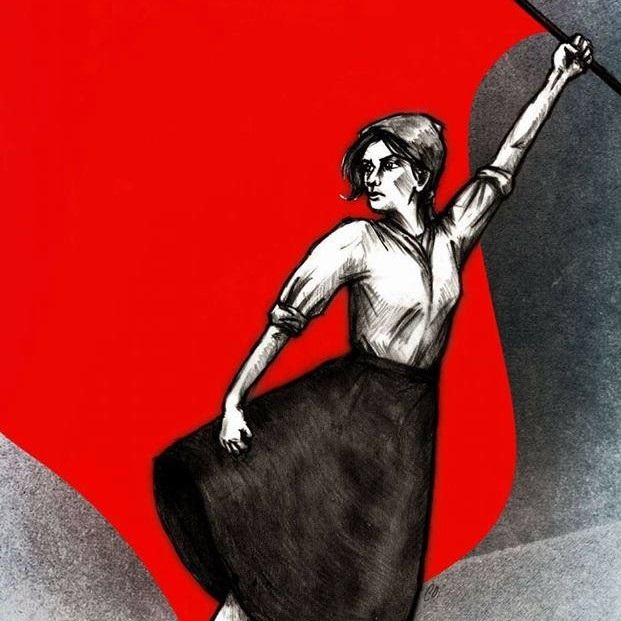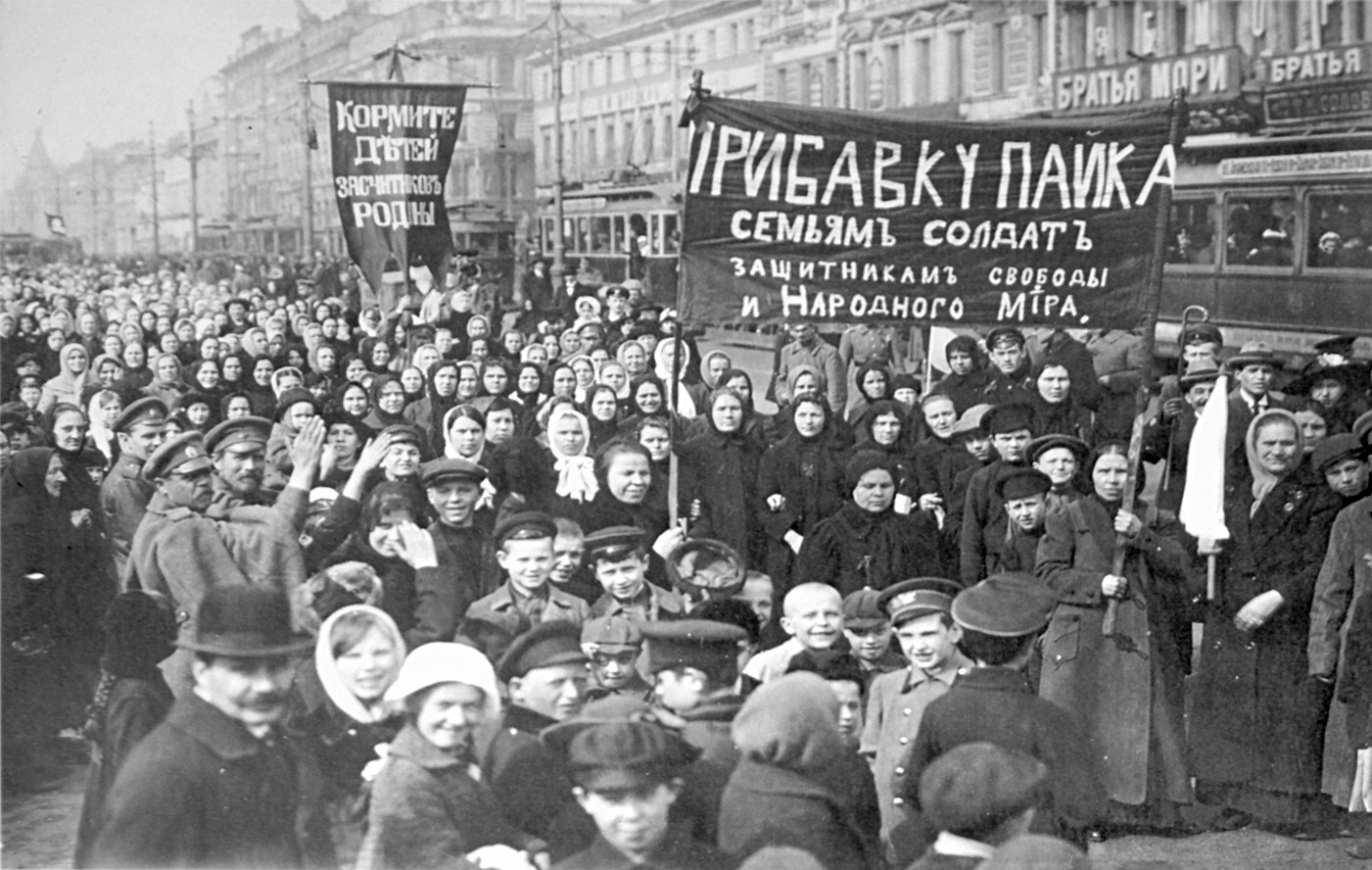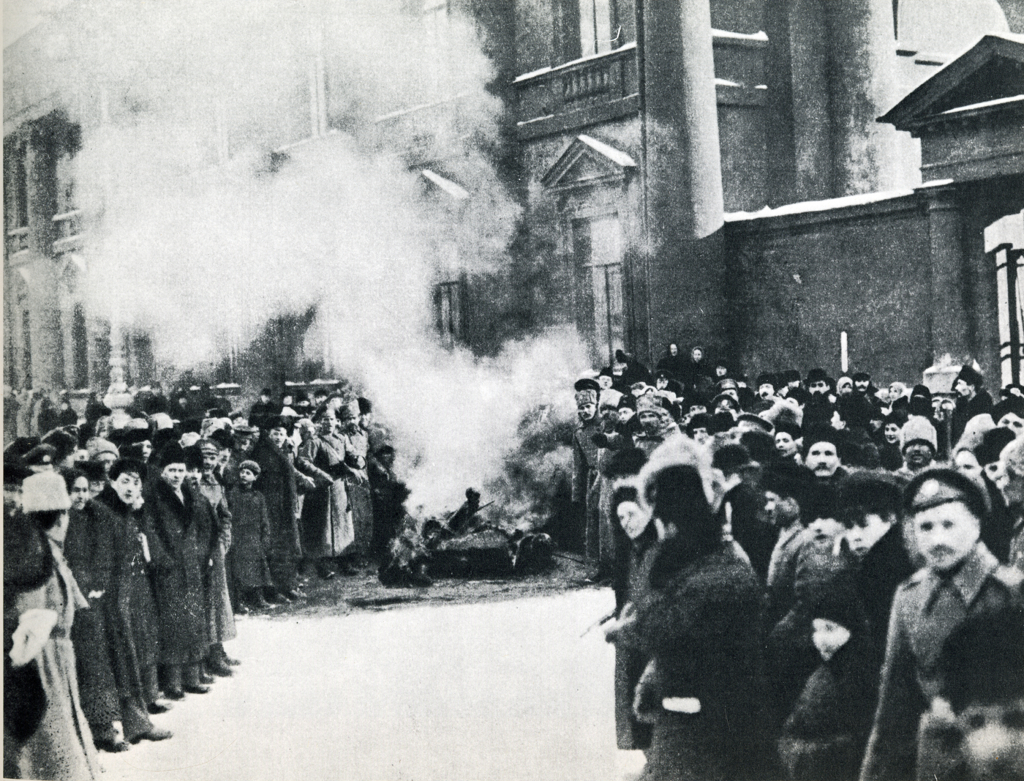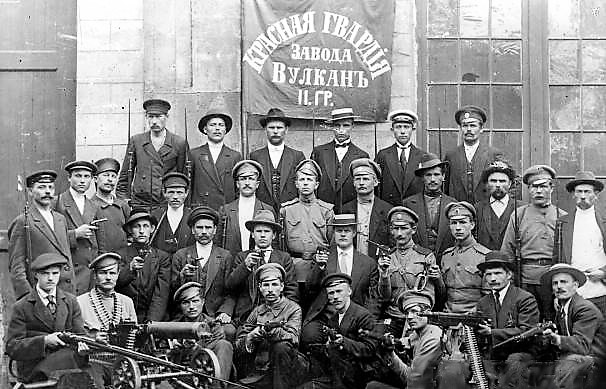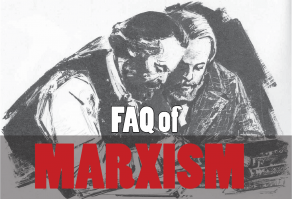The Russian Revolution - Reading Guide
"No matter what one thinks of Bolshevism, it is undeniable that the Russian Revolution is one of the greatest events in human history, and the rule of the Bolsheviki a phenomenon of worldwide importance." John Reed, 1st January 1919. (J. Reed, Ten Days that Shook the World)



